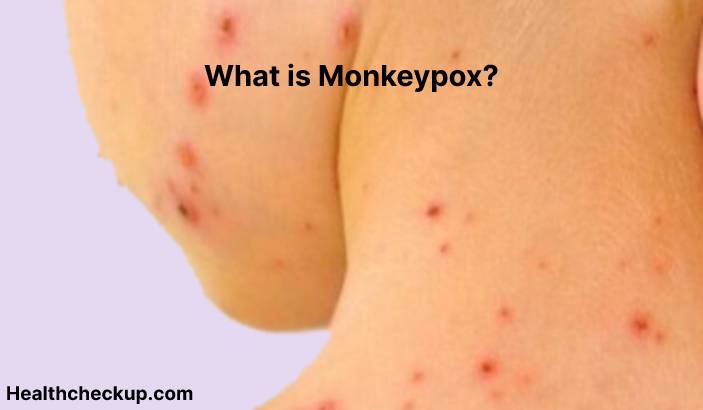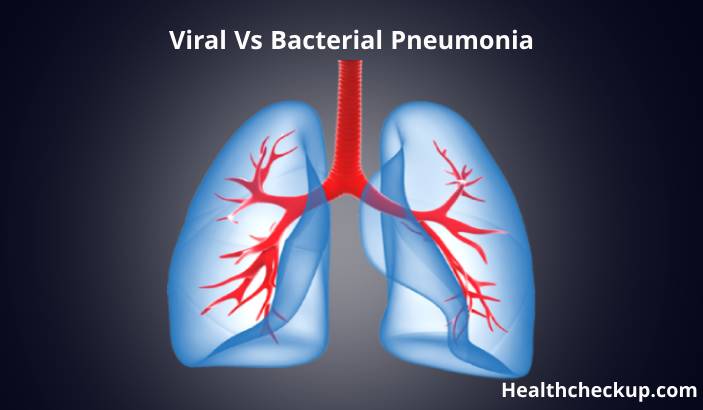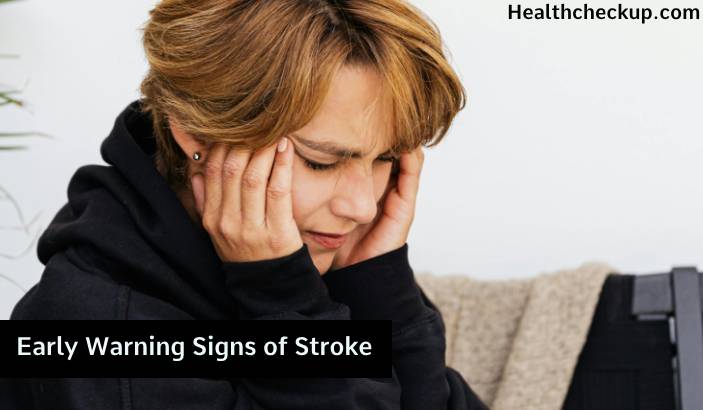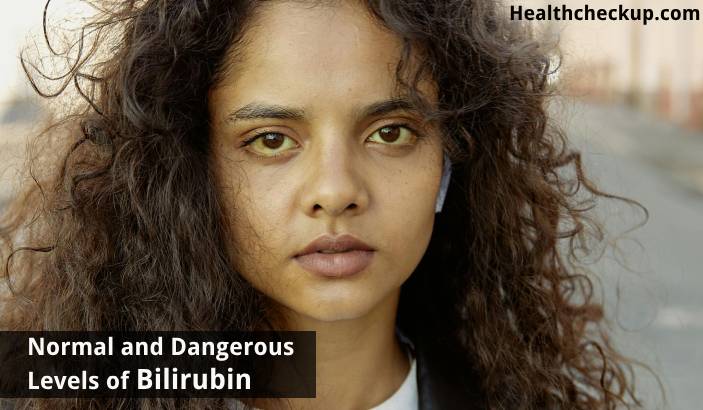Monkeypox is a rare viral disease that is caused by the monkeypox virus. It is similar to smallpox, but it is less severe and less contagious. Monkeypox was first identified in 1958 in a laboratory in Copenhagen, Denmark, and has since been found in several other countries, including the United States.
The monkeypox virus is transmitted to humans through contact with infected animals, such as monkeys, rats, and squirrels. It can also be transmitted from person to person through close contact, such as through respiratory secretions or saliva.
Symptoms of monkeypox typically appear about 7-14 days after infection and include fever, headache, body aches, and a rash. The rash is made up of small, fluid-filled blisters that eventually crust over and form scabs. The rash usually appears on the face, chest, and hands and usually lasts for about 2-4 weeks.
Monkeypox can be serious, particularly in young children, elderly people, and those with compromised immune systems. Complications of monkeypox include pneumonia, sepsis, and encephalitis (inflammation of the brain).
Diagnosis of monkeypox is typically based on the presence of symptoms and a person’s history of exposure to infected animals or individuals. Laboratory tests, such as PCR (polymerase chain reaction) or virus culture, can be used to confirm the diagnosis.
There is no specific treatment for monkeypox, and treatment is typically based on the severity of the illness. It includes medications to reduce fever and inflammation, as well as supportive care, such as fluids to prevent dehydration and oxygen therapy. In severe cases, hospitalization may be necessary.
Monkeypox can be prevented through vaccination with the smallpox vaccine. The smallpox vaccine is not widely available, but it is recommended for certain groups of people, such as military personnel and laboratory workers who may be at increased risk of exposure to monkeypox.
Good hygiene practices, such as washing your hands frequently and avoiding close contact with infected animals or individuals, can also help prevent the spread of monkeypox. It is important to follow the recommendations of public health officials and to take steps to protect yourself and others from monkeypox.









